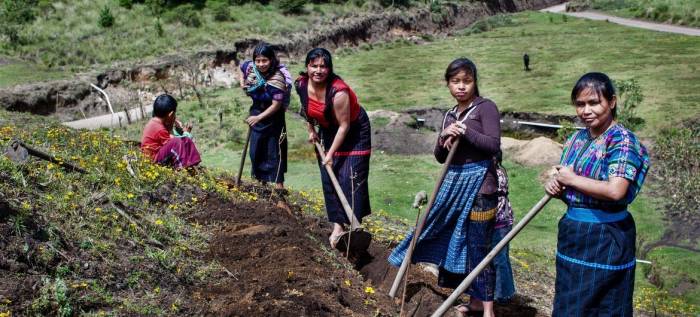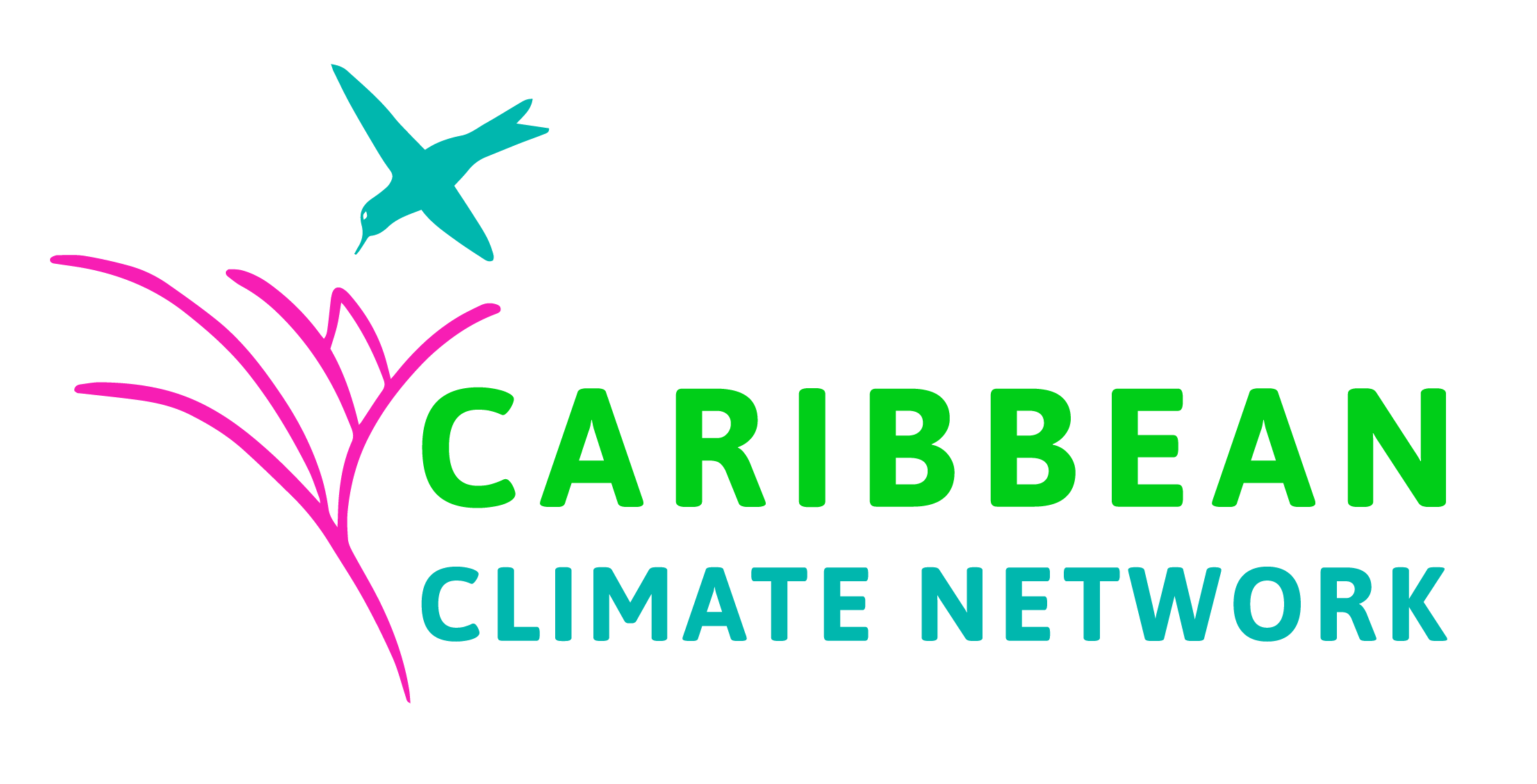March 8 will be celebrated again as International Women’s Day. 350.org is an organization that fights climate change, and on this journey we have seen how women and girls play a vital role in defending life on the planet. Today we want to share with you the story of women leaders who reflect this struggle.
Latin America and the Caribbean is one of the most vulnerable regions to the effects of climate change with a significant economic impact. The consequences of climate change such as floods, droughts, plagues, etc. directly affect the income of the inhabitants, but in societies with gigantic inequalities and gender gaps like those of Latin America and the Caribbean, the impact is always greater in poor households that are mainly supported by women.
According to a 2019 UNDP report, in extreme climate events that occurred in the last 20 years, the proportion of deaths among women was greater than 60%. After natural disasters, women are more vulnerable to experiencing food insecurity: faced with the unavailability and inaccessibility of food, they are the first to suffer the consequences.

Women working the land in Guatemala. Credits: UN
Women, protagonists of their community
Despite the aforementioned, women and girls are also the main defenders of nature and the planet, both in urban environments and in territories. At 350 we work in alliance with wonderful women who fight every day to preserve good living in their community, combating the destruction of fossil extractivism and seeking solutions based on renewable energy in harmony with nature.
Such is the case of Esneda Saavedra, Yukpa leader from the territory of Cesar and Magdalena, Colombia. Esneda has been dedicated for many years to fighting against the effects of coal mines, which have been devastating for her people, and for Colombia. Their community is at imminent risk of physical and cultural extinction, according to the Constitutional Court of Colombia. She has been re-elected twice as governor of the Yukpa Indigenous people, and is also the peace and human rights delegate of the ONIC (National Organization of Indigenous People of Colombia), in defense of collective and territorial rights against extractivism. She invites us all to join in this fight of resistance:
“Mother Earth is our life, our strength, and we invite you to join us. For my part as a woman, as a leader, I want to make this invitation to everyone to join this fight because God Aponto, who is the spirituality of the Yukpa people, left us the territory so that we can all live together and fit in this territory. Respecting the territory, not destroying it, not ending it. That is why my words to you are words of unity and harmony and that we be a chain of struggle and resistance.”
Esneda Saavedra
Another great example of female climate leadership is that of Txai Suruí, a young Indigenous leader of the Suruí People, located in Rondônia (Brazil); who fights for the survival of her people and mother nature. At key moments in the climate fight, such as COP28, she has also courageously defended the end of fossil fuels and a fair energy transition.
In the Caribbean are Terica Drysdale from Jamaica and Mia Pierre from Guyana who have used their knowledge in science and their passion for the protection of their communities as a tool to lead local initiatives focused on justice and conservation.
There are countless examples of women and girls leading different projects that work tirelessly for the preservation of the planet. Esneda, Txai, Terica, Mia and many others face large industries, states, and all types of threats in our region with enormous courage. On this special day, we want to celebrate their existence and spread their fight, which is a rich source of inspiration.
